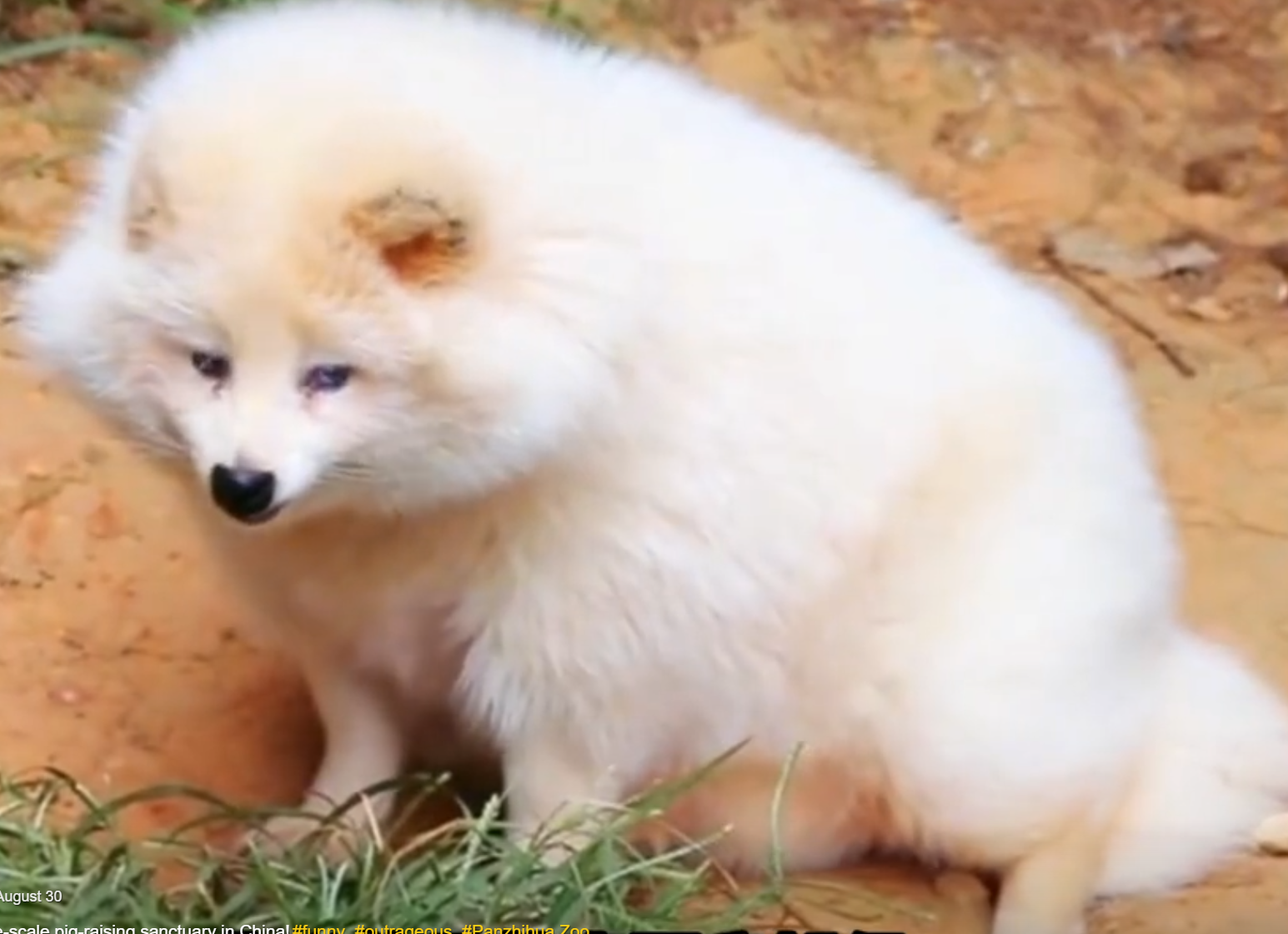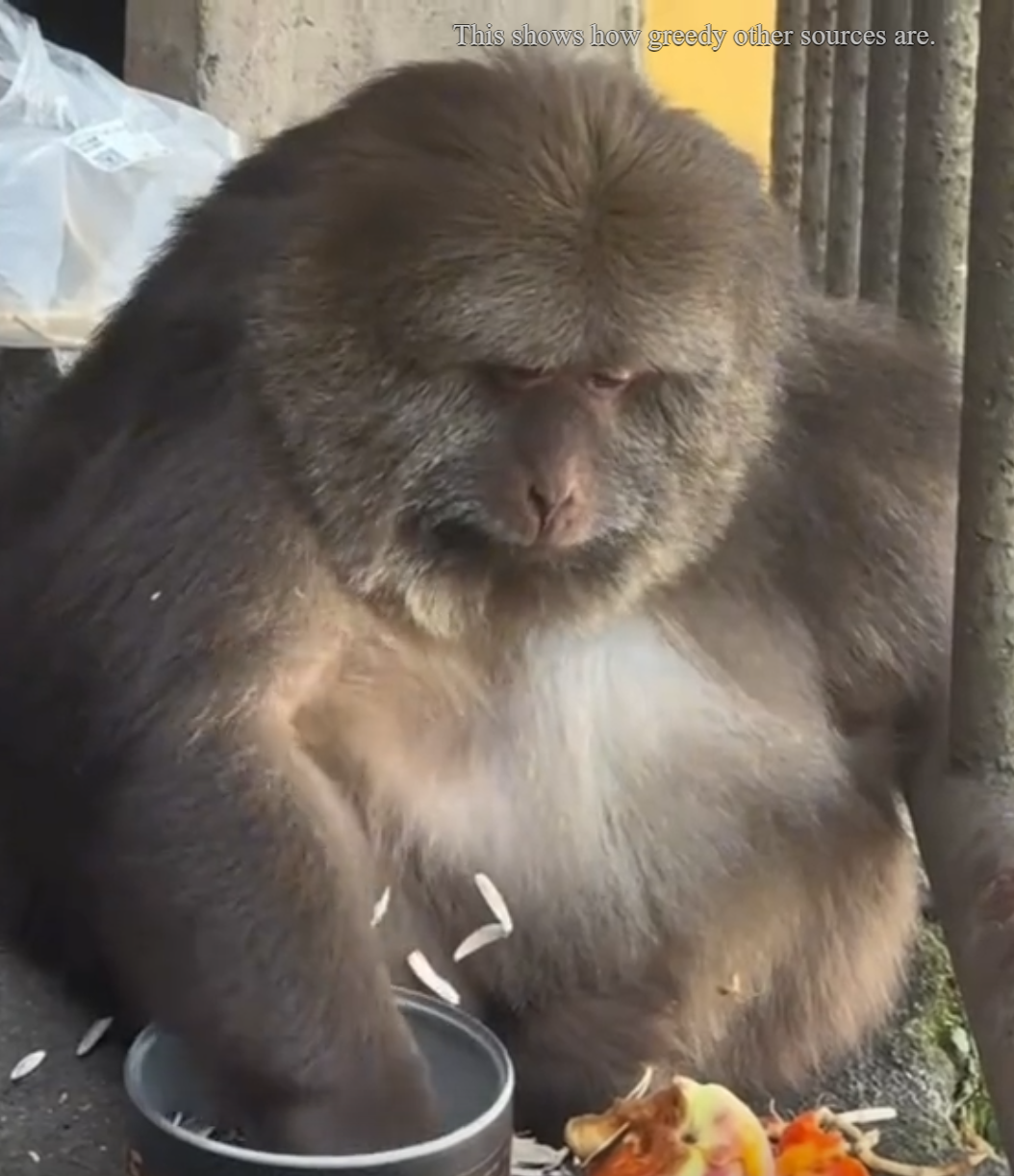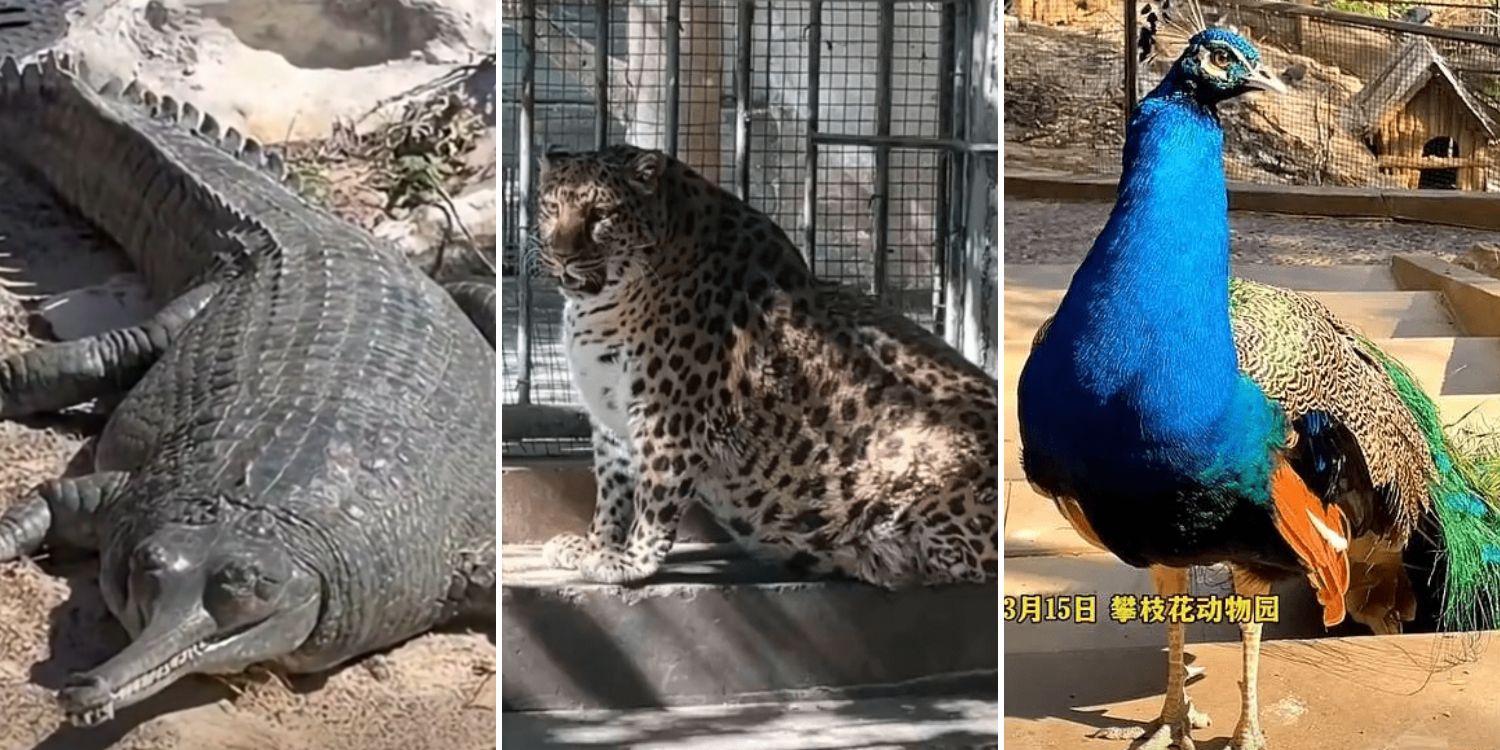Obese animals in China zoo catch netizens’ attention
Earlier this year, a fat leopard at Panzhihua Park Zoo in Sichuan, China gained popularity on Chinese social media for resembling the leopard police officer from the movie Zootopia.
More recently, netizens discovered that the leopard wasn’t the only obese animal in the zoo.
It turns out that many other animals at the Panzhihua Park Zoo, such as their peacock and black bear, were in a similar physical state.

Source: Sin Chew Daily
As a result, the zoo was dubbed the “national model pig breeding base” by Chinese netizens.
Concerns were raised that the animals’ obesity could lead to a decline in their bodily functions and make them more prone to illness.
However, a Panzhihua Zoo staff member said specialized veterinarians regularly conduct physical exams and provide nutritional support to the animals.
According to the latest physical examinations, the animals are in “pretty good” condition.
Obese animals caused by small space & limited activities
The staff member explained that the animals’ weight gain is due to the limited space, which restricts their physical activity.
With increased food intake and reduced movement, the animals gradually became overweight.

Source: Douyin
They emphasized that visitors are prohibited from feeding the animals, with signs and staff enforcing this rule.
In response to criticism, the zoo has recently expanded the leopard’s enclosure to encourage activity.
The keepers will also pay more attention to daily feeding, using measures such as hanging meat higher so the leopard has to jump to eat.
When asked whether they would be feeding the animals to store fat for the autumn season, the staff noted that the city doesn’t experience extreme cold.

Source: Douyin
“We will also add some feed to the animals appropriately, but not too much,” the staff member told World Journal.
Funding for expansion is uncertain
However, the space remains limited for other animals, as funding for the 1977-established zoo remains uncertain.
Netizens have called Panzhihua Zoo “the most conscientious zoo” due to its affordable ticket prices of RMB2 (S$0.37) per person, according to a local news site.
During National Day week, the price increases slightly to RMB3 (S$0.56).
Recently, a netizen also raised concerns about a suspected injury on the fat leopard’s back, which has also caused others to feel worried.
The zoo staff clarified that the marks were caused by “itching” and assured the public that the leopard was fine.
Also read: Thai zoo earns nearly S$510K in 19 days thanks to viral baby hippo Moo Deng
Thai zoo earns nearly S$510K in 19 days thanks to viral baby hippo Moo Deng
Have news you must share? Get in touch with us via email at news@mustsharenews.com.
Featured image adapted from Douyin, Sing Tao Daily







